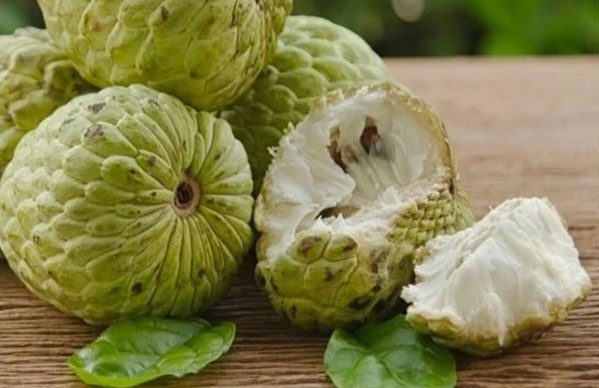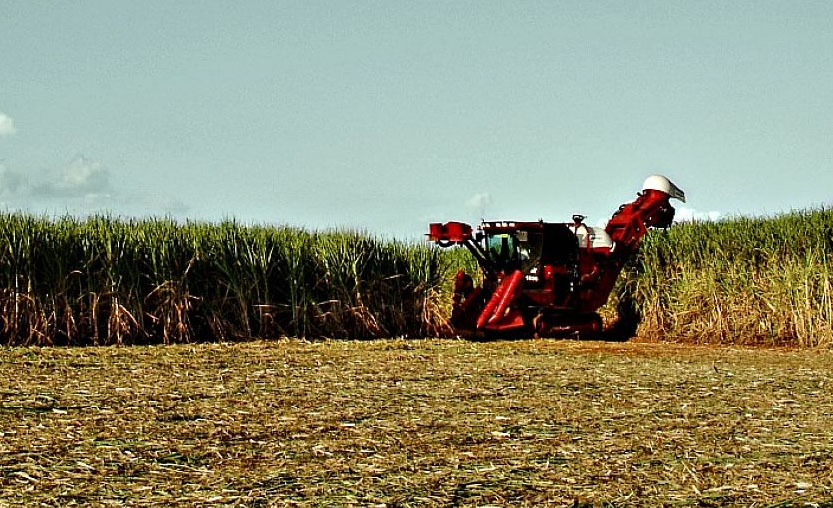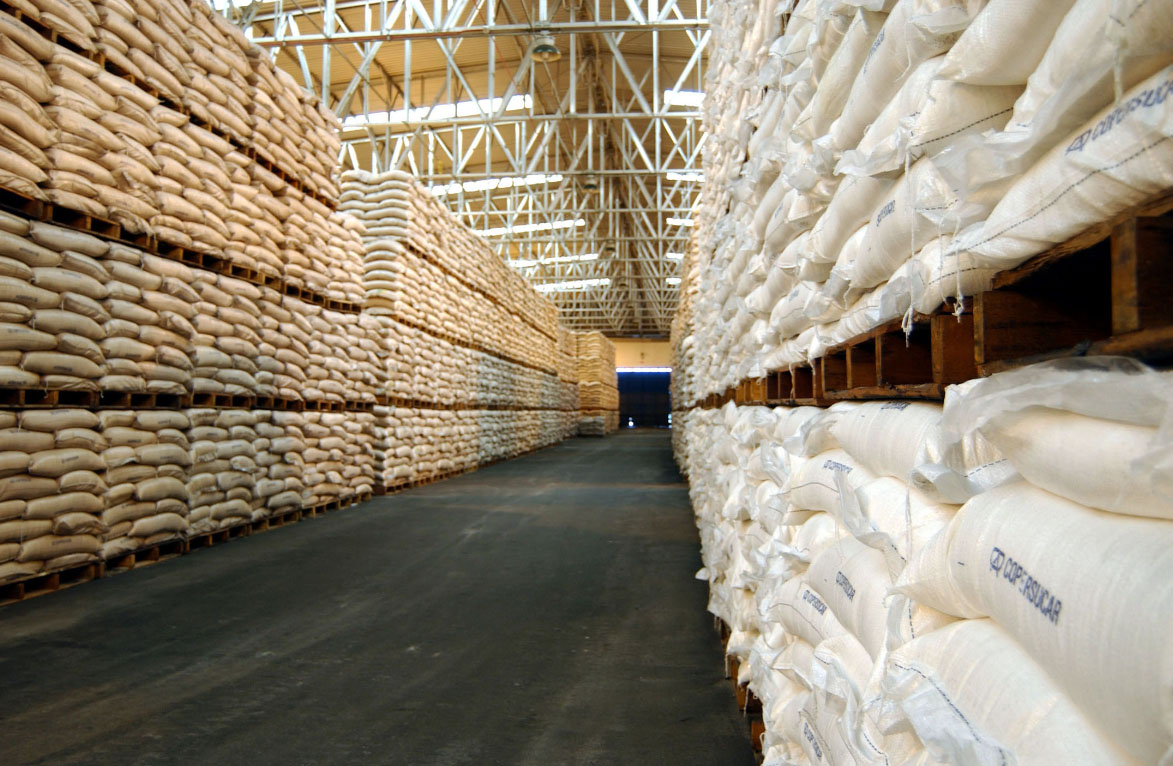In Brazil,
“Sugar Love” is not just a phrase; it’s a deeply ingrained cultural
sentiment. Sugarcane, with its rich history, has been a source of fascination
and passion for generations. In this blog post, we invite you to immerse
yourself in the world of “Sugar Love Brazil” as we explore the sweet
stories, cultural significance, and the heartwarming tales it has spun over the
years.
The Love
Affair with Sugarcane
Historical
Roots: Sugarcane cultivation has deep historical roots in Brazil, dating back
to colonial times when Portuguese settlers brought this sweet crop to the
shores of South America.
Cultural
Treasure: Sugarcane has become a cultural treasure, with traditions and stories
that are passed down from one generation to the next.
Carnival
and Sweetness
Carnival’s
Sweet Connection: During Rio’s famous Carnival, sugarcane and sugar play a
significant role. From sugarcane juice vendors to sweet confections, sugar is a
central element in the festivities.
Sugarcraft
Artistry: Elaborate sugar sculptures and decorations are an essential part of
Carnival floats and parades, highlighting the artistry of sugar in Brazil.
Sugarcane
Farming Tales
Generations
of Farmers: Many sugarcane farms in Brazil have been passed down through
generations, carrying with them stories of hard work, dedication, and a love
for the land.
Sustainable
Practices: Some farmers are embracing sustainable farming practices,
emphasizing responsible land management, biodiversity conservation, and reduced
water consumption.
Sugar in Brazilian
Cuisine
Diverse
Culinary Uses: Sugar is not just a sweetener in Brazilian cuisine; it’s an
essential ingredient. From savory dishes to sweet treats, sugar plays a
versatile role in the nation’s gastronomy.
Traditional
Delights: Explore the world of traditional Brazilian sweets like brigadeiros,
cocadas, and quindim, each with its unique sugar-infused charm.
Sugarcane
Spirits
Cachaça:
This Brazilian spirit is derived from sugarcane juice and is the main ingredient
in the famous Caipirinha cocktail.
Craft
Distilleries: Brazil boasts a growing number of craft distilleries producing
high-quality cachaça, adding to the country’s reputation in the spirits world.
Stories of
Resilience
Economic
Significance: Sugarcane and sugar production continue to be significant
contributors to Brazil’s economy, supporting livelihoods and communities across
the nation.
Innovation
and Sustainability: Many sugar-related businesses are innovating with
sustainability in mind, incorporating eco-friendly practices to reduce their
environmental impact.
Conclusion
“Sugar
Love Brazil” is more than just a catchy phrase; it’s a testament to the
passion, tradition, and cultural significance of sugarcane in this vibrant
South American nation. The love for sugar is woven into the very fabric of
Brazil, from historical roots to the present-day sustainable practices. Whether
it’s the artistry of sugar at Carnival, the rich culinary traditions, or the
tales of sugarcane farmers, “Sugar Love Brazil” is a narrative of
resilience, innovation, and a shared appreciation for the sweetness that has
long been a part of Brazil’s identity.







